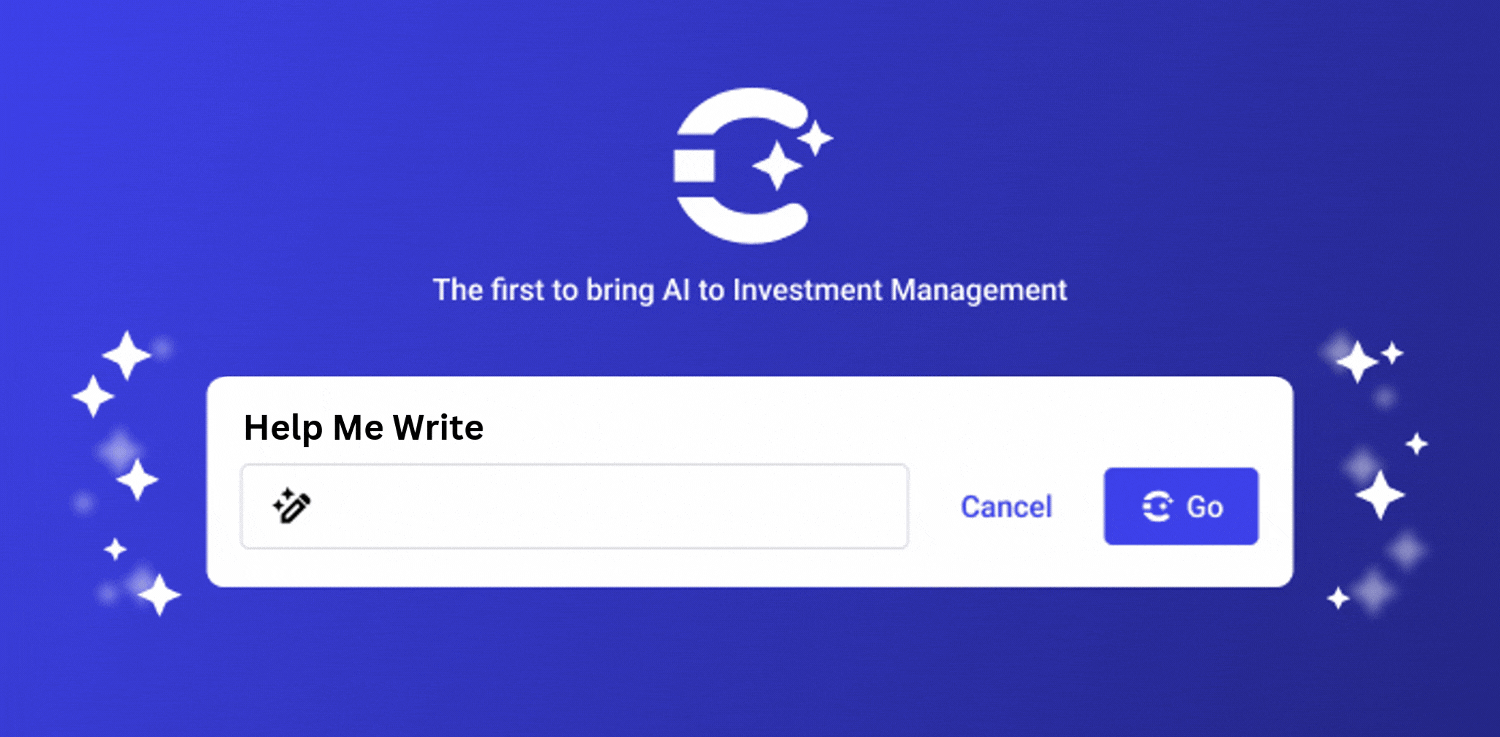AI in Commercial Real Estate: Considerations for GPs
AI is Here to Stay — Is Your Firm Putting It to Work?
Artificial intelligence has permeated every industry, and while it technically has already been in use for decades, the past few years have brought entirely new levels of innovation and application. AI in commercial real estate has already created a fundamental shift in how the industry thinks and operates, but experts believe we’ve yet to see its full potential.
That hasn’t stopped firms in the industry from getting on board, however — more than half of CRE firms in the U.S. are actively pursuing or integrating AI tools into their tech stacks or business processes, and just under half are in an exploration phase. It’s worth noting here that AI in commercial real estate stands to expand job opportunities as opposed to eliminating them: the World Economic Forum expects AI to displace around 85 million jobs over the next five years while simultaneously creating another 97 million.
Ultimately, as with any other automation initiative, the end goal is to streamline the repetitive and create opportunities for people to do what we do best — be creative, analytical, and innovative. This will enable the commercial real estate industry — and others — to achieve higher levels of problem solving, decision making, and creativity. Here, we’ll explore a few key areas where AI can help to simplify and automate many of the everyday aspects of commercial real estate.
Opportunities to Use AI in Commercial Real Estate
Productivity
Remember, the ultimate aim of using AI in commercial real estate should not necessarily be job replacement but rather job enhancement. While it’s clear that some roles may be eliminated as a result of AI implementation, consider what your team might be capable of if the many administrative or repetitive tasks that they deal with every day were automated intelligently. What would they be able to achieve or focus on? For example, a common use for AI in commercial real estate is market research and due diligence (verified by a person, of course). Additionally, managing documents, preparing a prospectus, and more.
Opportunity
Of course, leveraging AI in this industry isn’t just about managing existing assets — it’s also about identifying opportunities to take those assets to the next level. For example, experts envision AI adding value not just for firms but also for tenants. The concept of an “AI-ready” building could have significant appeal, much as opportunities arose with companies seeking office space in proximity to established tech giants. While much remains to be seen here, the idea is intriguing. And of course, additional opportunity-focused uses for AI include analyzing space to maximize revenue, understand leasing trends, and more.
Financial Performance
In addition to automating productivity within your firm and assisting with supporting deal opportunities, AI stands to streamline analyzing and processing financial data to help you and your team make more informed decisions. Examples include general data analysis, streamlining property searches, and predicting market trends. AI can be integrated with existing systems to assist with analyzing property revenues, identifying the best fundraising opportunities, and reviewing tenant trends that predict future leasing opportunities. (Important/obvious caveat: AI still makes mistakes and is still learning — financial information should always be reviewed by a human before it’s used for decision-making.)
Build the Foundation for Your AI Journey with Covercy
Covercy is the first real estate syndication platform that combines banking and investment management. With features spanning fundraising, capital calls, investor relations, investment management, automated distributions, vendor payments, and countless more solutions, our platform provides a strong foundation for commercial real estate firms looking to consolidate their tech stacks, service providers, and more.
And when it comes to AI, our platform allows GPs and their teams to identify investors based on their likelihood of investing in an asset. Whether you want to evaluate your entire database of investors, or only a select group, doing so is easy and can be completed in a matter of clicks!
Once reviewed by AI, your investor contacts will have a ranking assigned to them, and you and your team can further segment that list to see only those that are highly likely to invest, or others that may have lower likelihood, based on your goals. Once completed, you can add your selected investors to your deal and begin fundraising activity.





